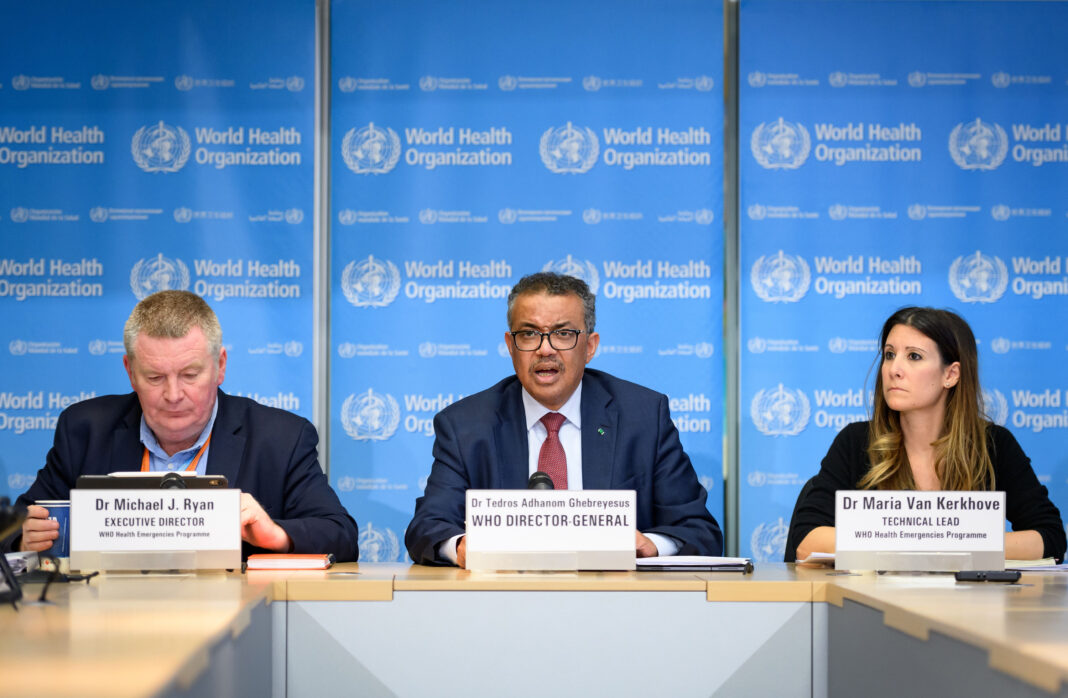The World Health Organisation (WHO) says 10 million people died of cancer in 2021.
In a statement issued to commemorate the World Cancer Day 2022 themed ‘Closing the Care Gap’, the WHO described cancer as one of the world’s leading causes of death.
It said in 2021, “an estimated 20 million people were diagnosed with cancer, and 10 million died”.
The organisation, while noting that all cancers can be prevented or cured, said the numbers will continue to rise in the decades ahead if adequate measures are not taken to improve treatment.
“Care for cancer, however, like so many other diseases, reflects the inequalities and inequities of our world,” the statement reads.
“The clearest distinction is between high- and low-income countries, with comprehensive treatment reportedly available in more than 90% of high-income countries but less than 15% of low-income countries.
“Similarly, the survival of children diagnosed with cancer is more than 80% in high-income countries, and less than 30% in low- and middle-income countries. And breast cancer survival five years after diagnosis now exceeds 80% in most high-income countries, compared with 66% in India and just 40% in South Africa.
“Furthermore, a recent WHO survey found that cancer services are covered by a country’s largest, government health financing scheme in an estimated 37% of low- and middle-income countries, compared to at least 78% of high-income countries. This means that a cancer diagnosis has the potential to push families into poverty, particularly in lower-income countries, an effect that has been exacerbated during the COVID-19 pandemic.
“WHO’s efforts are focused on breast cancer, now the most common cancer; cervical cancer, which can be eliminated; and childhood cancer. The focus for each of these initiatives is low- and middle-income countries, where the biggest public health gains are to be made.
“These integrated global cancer initiatives are being implemented by more than 200 partners around the world, including many development banks who have significantly increased their investments in cancer research, prevention and care.
“Bringing services for prevention, diagnosis, multidisciplinary treatment and supportive care together in one place makes it easier for patients to navigate services and leads to a greater concentration of expertise, and subsequently better health outcomes.”





